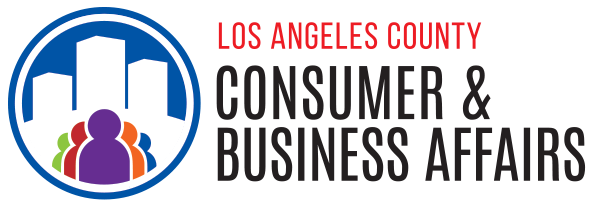Updated Aug. 28, 2014
As you head off to college, you will want to make sure you can handle the costs of basics such as food and books plus any unexpected costs. This often means getting your first credit card.
The Los Angeles County Department of Consumer Affairs reminds you that a little credit card savvy can go a long way in maximizing opportunities and avoiding credit dangers. Making smart financial choices now can lead to big financial benefits later in life.
Know the terms and conditions
You will likely get plenty of credit card offers, but companies don’t just give their credit cards to anyone. They want to determine a person’s credit worthiness.
Before you apply, make sure you understand the terms and conditions; compare several companies; then choose what’s best for you.
Interest Rate and Credit History: The interest rate is the amount the credit card company charges you to use credit. Your interest rate is determined by the credit you have established. Since you are starting out you may not have established credit. This is OK. You will accumulate stronger credit when you borrow and pay on time. Your credit history builds with everything you borrow or lease. Anyone you request credit from will check to see how well you’ve treated other creditors in the past.
Credit Limit: The credit card company will give you a credit limit, which limits the amount you can spend. If you have good credit with a long history of making payments on time, you’ll get a higher credit limit which could be $15,000 and up. For a younger person with little or no credit, you might have a lower credit limit of perhaps $250-2,000.
Some credit card companies offer credit cards with lower interest rates and credit limits for students. These cards can be a way to build good credit.
Avoid debt troubles
Pay on time: Always pay your bill on time to avoid late fees. If you carry a balance, pay back the credit as soon as possible. Interest charges can pile up quickly and put you into debt.
Beware of debt traps!: Some creditors may try to provide you credit at extremely high interest rates and fees. Some cards require an annual fee of up to $100 and interest rates over 20 percent. Avoid them! High interest rates make it very easy to fall into a debt trap. A debt trap is when the creditor has applied terms that make it more likely for the consumer to stay in debt and not be able to get out.
Review your statements
Reviewing your credit card statement is important for checking for accurate charges and fraud. Don’t let hidden charges sneak onto your statement without your knowledge. If you see an inaccurate or fraudulent charge, contact the credit card company within 60 days. During that time the company might refund you the amount pending an investigation. If they believe the charges are fraudulent, then they will reverse the charges permanently. If they do not, you may be responsible to pay the amount. Contact the Department of Consumer Affairs for help.
Credit card companies usually offer online statements. You can even link your credit card account with your checking or savings account to pay your credit card balance electronically.
Strengthen your future
Establishing good credit is a key ingredient to strengthening your financial future. Having good credit means you can get financing with lower interest. This adds up to dollars saved every time you want to borrow to buy or lease a car, a house, or get another credit card. And when you apply for a job, your potential employer may ask to check your credit history to see how well you’ve upheld your financial responsibilities and obligations.
Being a credit card holder provides you with enormous power. How you use that power might play in big part in determining your future.
If you have questions contact us at (800) 593-8222 and follow us on Facebook and Twitter

